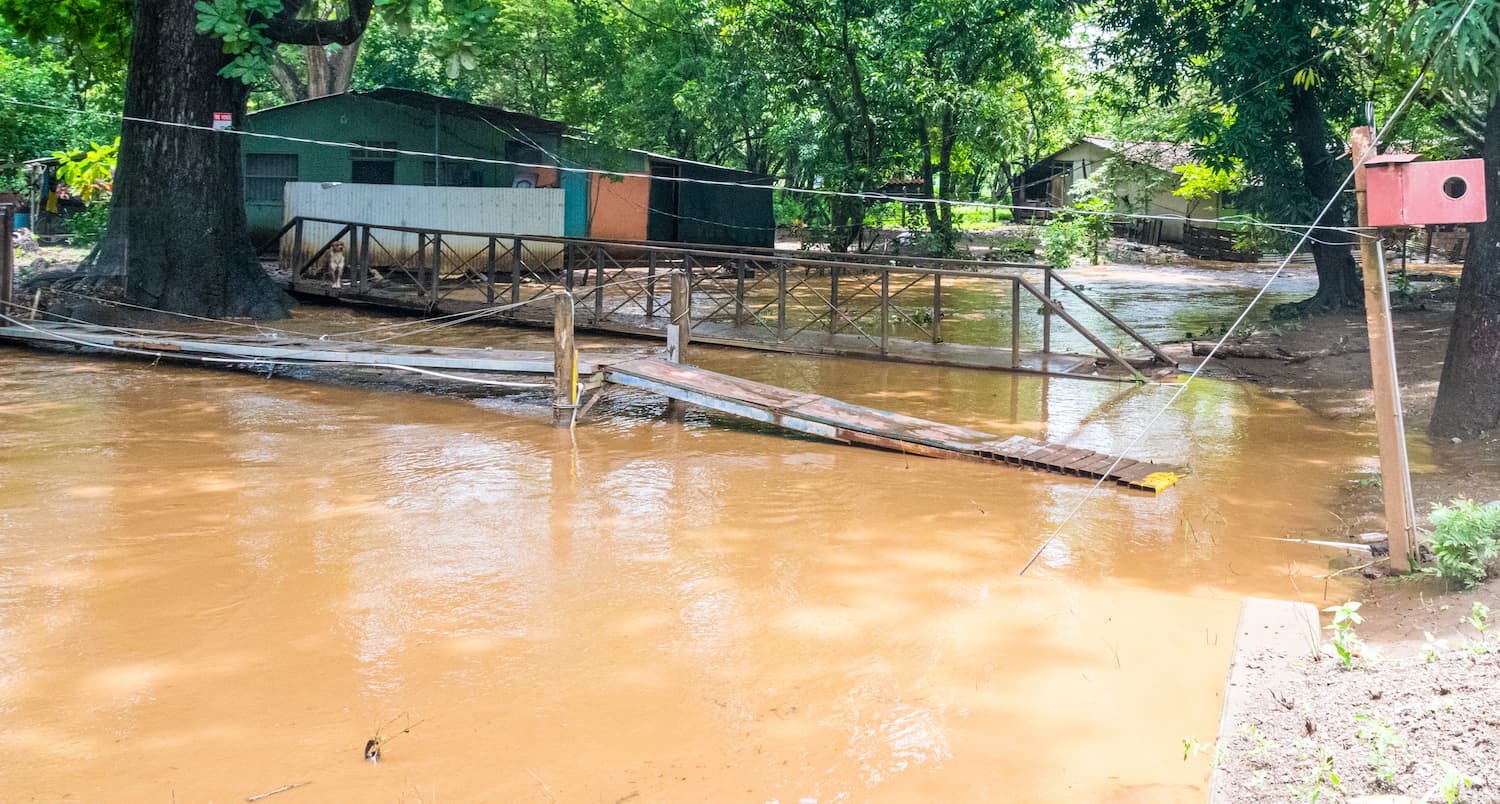According to the Global Climate Action Survey 2024, conducted by Gensler, Costa Rica is among the countries most severely impacted by extreme weather events attributed to climate change. The survey, which offers a global perspective on the perceptions of climate change and its effects, highlights the significant challenges faced by Costa Rica’s communities and infrastructure.
The findings reveal a stark reality: 82% of Costa Ricans surveyed reported experiencing heat waves, while 66% faced heavy rains, and 65% were affected by storms. These extreme weather events not only disrupt daily life but also significantly reduce the quality of life for many residents. Additionally, 45% of respondents believe their communities are unprepared for future natural disasters. Only 4% consider themselves “extremely prepared,” emphasizing the urgent need for improved infrastructure and disaster mitigation strategies.
“Recent events, such as the floods in Guanacaste and the Southern Zone, underscore the critical need for infrastructure capable of withstanding climate disasters,” said Paula Badilla, regional sustainability leader at Gensler Latin America. “We need to focus on future-proofing our communities.”
The Growing Toll of Climate Change
Costa Rica has experienced increasingly intense rainfall, leading to devastating floods, landslides, collapsed bridges, destroyed homes, and loss of life. These events illustrate the growing inability of the country’s infrastructure to cope with the intensifying impacts of climate change.
Gensler’s survey also points to the broader consequences of extreme weather. In the country’s most vulnerable areas, over 90% of residents lose access to critical infrastructure or services after severe weather, including power outages, damaged roads, and the collapse of dams and bridges.
“Our Global Climate Action Survey shows significant public concern about the vulnerability of the built environment,” Gensler noted. “When extreme weather strikes, people lose access to basic services essential for maintaining their quality of life.”
Building a Resilient Future
To tackle these challenges, the study emphasizes the need for rigorous, sustainability-focused design methodologies to create more resilient infrastructure. Such strategies aim to protect communities, foster sustainable economic growth, and attract green investments.
For Costa Rica, investing in resilient infrastructure is crucial. Experts believe such measures will not only mitigate the effects of floods, droughts, and heat waves but also reduce health risks, including respiratory and climate-related illnesses.
“Resilient infrastructure enhances safety and improves quality of life,” Badilla added. “This is how we can create healthier and more secure communities.”






